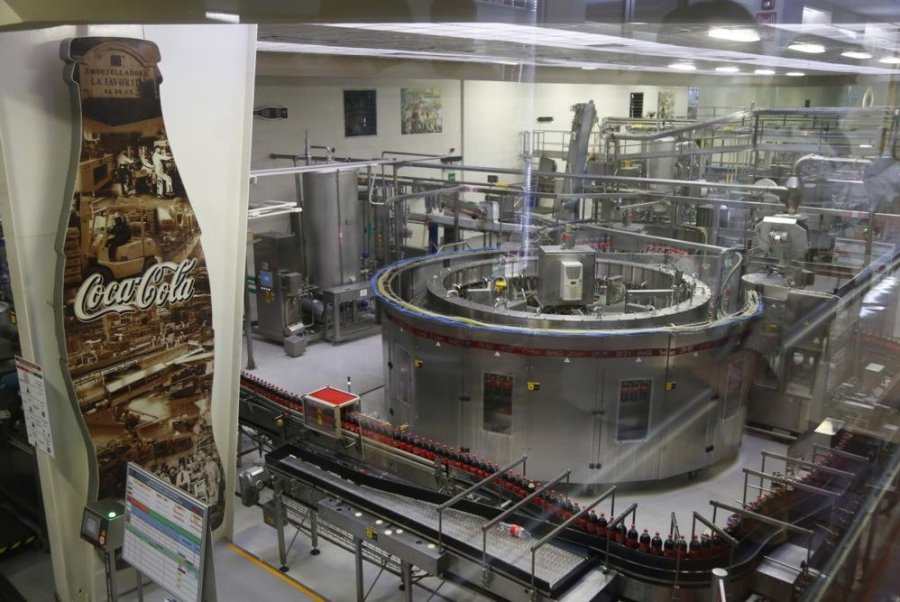Oct. 24 (UPI) — The Mexican government is pushing an increase in the special tax on sugary drinks as part of an effort to curb consumption and fight obesity.
According to Mexican health authorities, the country records an average annual consumption of 44 gallons of sugary beverages per person — one of the highest rates in the world — and 38.9% of adults are classified as obese.
The government proposal, recently approved by the Chamber of Deputies, raises the rate of the Special Tax on Production and Services to about 21 cents per liter for sugar-sweetened soft drinks. It also sets, for the first time, a separate rate of 8 cents per liter for “light” or sugar-free drinks.
“The goal is to protect the health of all Mexicans,” President Claudia Sheinbaum said when announcing the measure. She added that the additional revenue will go to public health programs aimed at combating diabetes, obesity and cardiovascular disease.
The president said the government also will launch an information campaign about the health effects of excessive consumption of sugary drinks and junk food.
“The goal is not to raise money but to reduce consumption,” Sheinbaum said.
Deputy Health Secretary Eduardo Clark reinforced the effort, saying a tax will also be introduced on non-caloric sweeteners, though it will be lower than that applied to products containing sugar.
“We want to encourage the consumption of less harmful options,” Clark said.
The Finance Ministry projects additional revenue of more than $2.25 billion, which will add to the funds collected since 2014, when Mexico first imposed a special tax of 5.5 cents per liter on sugary drinks.
As part of the approval process for this “health tax,” the Mexican government reached an agreement with the soft drink industry that includes commitments on product reformulation and marketing responsibility.
Companies agreed to cut sugar content by 30% in 70% of their products by October 2027, eliminate advertising aimed at children and limit the promotion of large bottles, such as two- and three-liter sizes.
The Federal Commission for the Protection Against Health Risks will be responsible for overseeing technical compliance with these goals.
Opposition parties said they support protecting public health, but oppose revenue-driven measures they argue will hurt household finances.
Héctor Saúl Téllez, the National Action Party’s economic coordinator, said the measures “are not health taxes” but simply levies with a clear fiscal goal, El Heraldo reported.
Small business owners have also expressed concern. It is estimated that more than 60,000 small shops could see a drop in sales of sugary drinks, especially in working-class areas where those products make up a significant share of daily income.
Days before the president’s announcement, more than 1,000 public health experts voiced support for the initiative.

